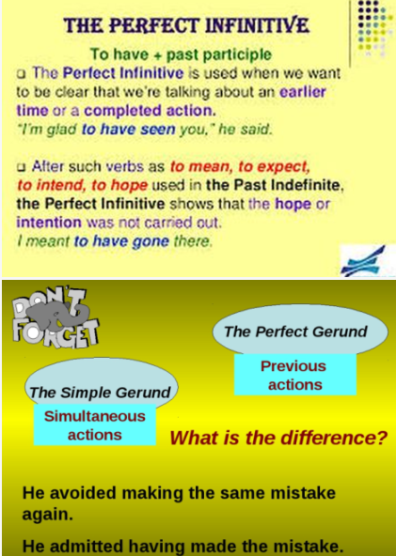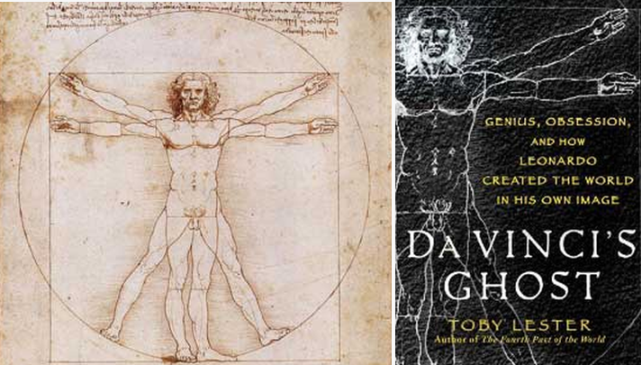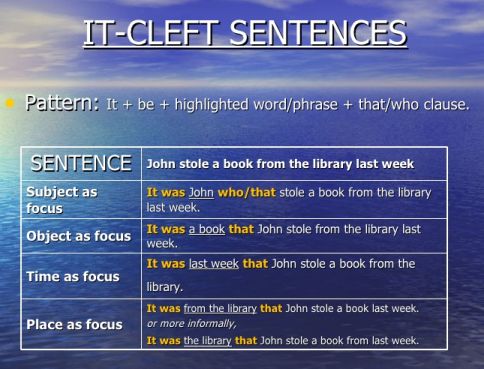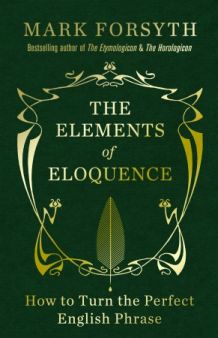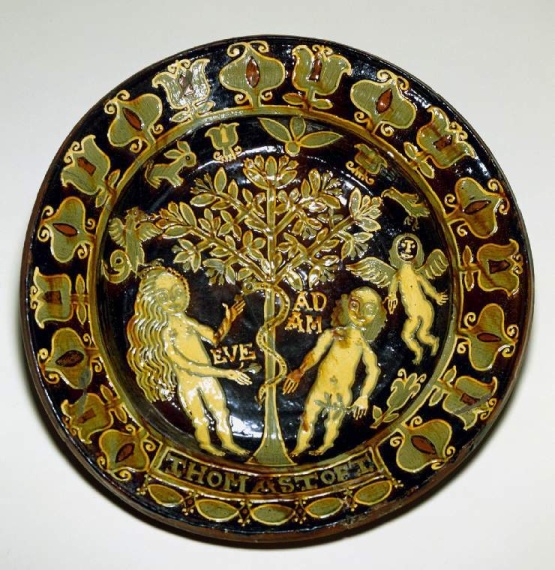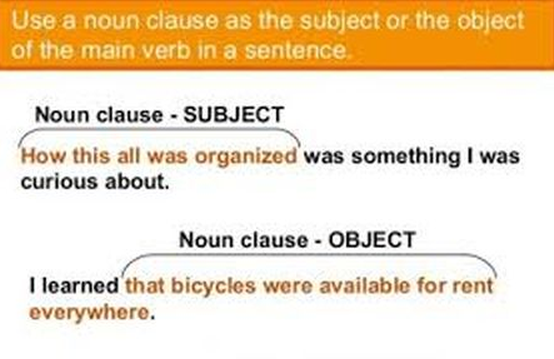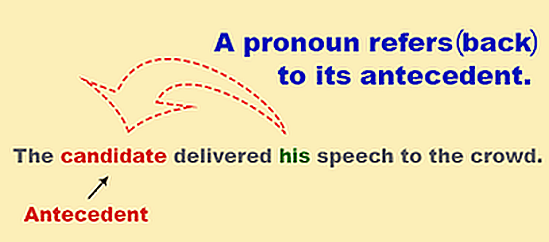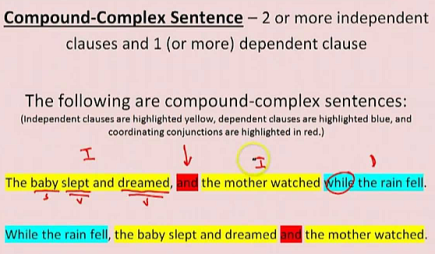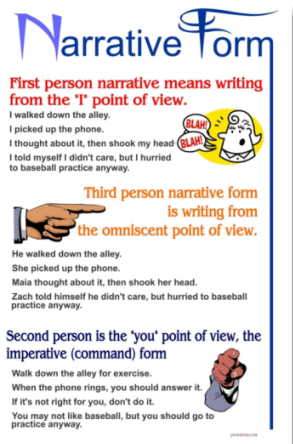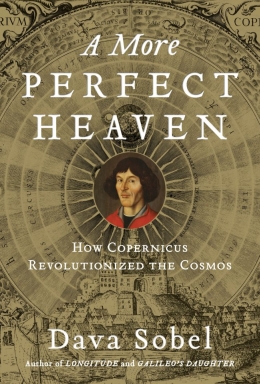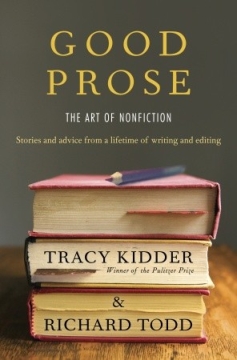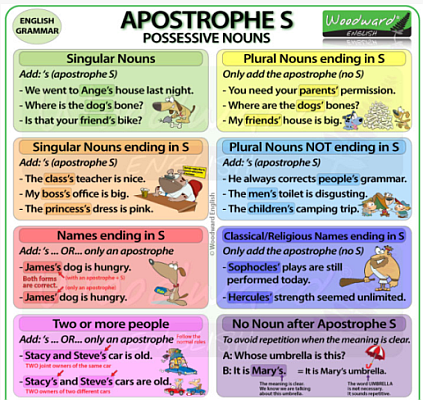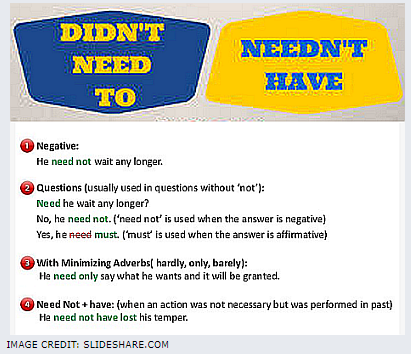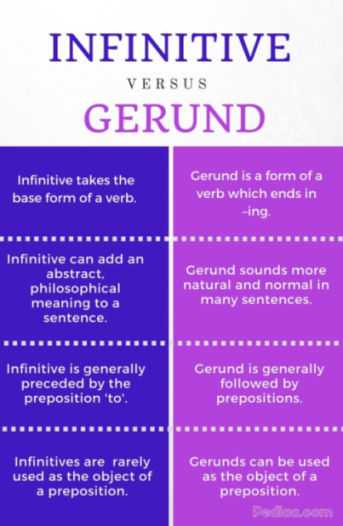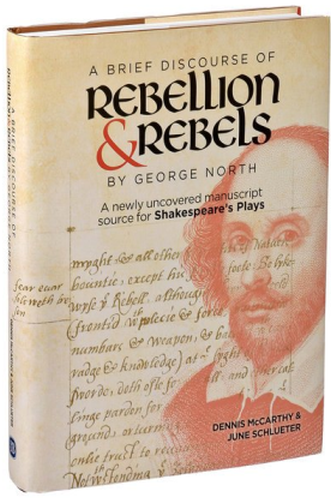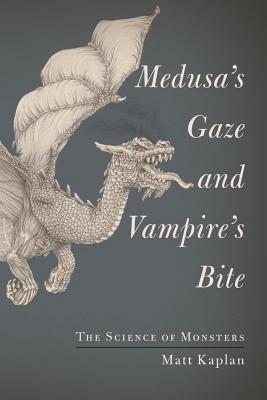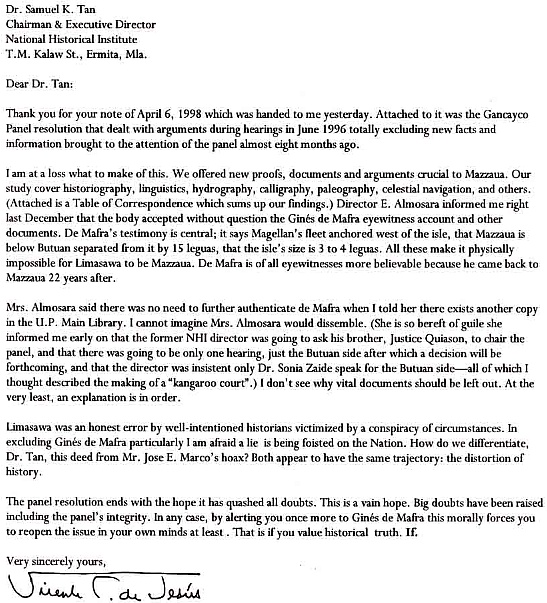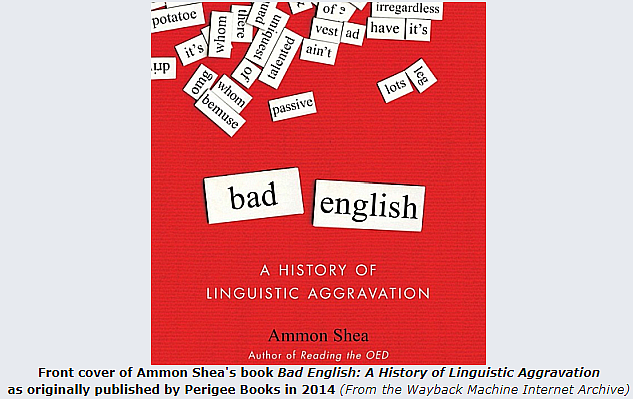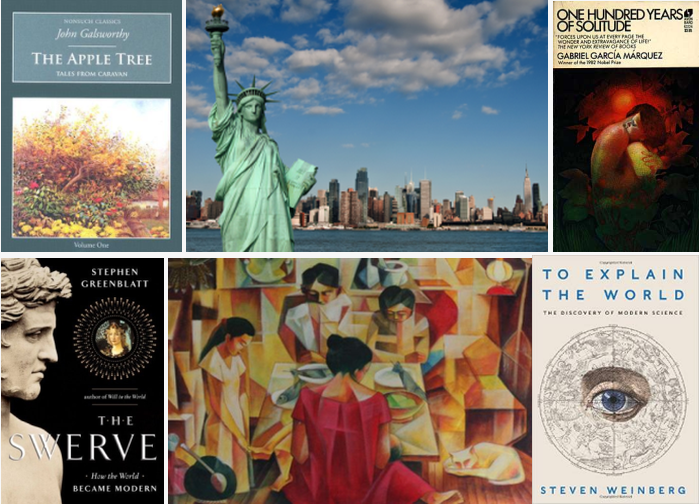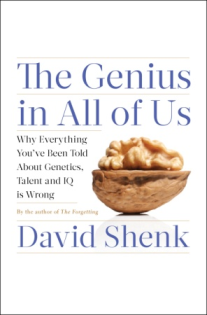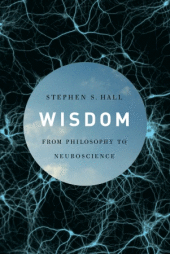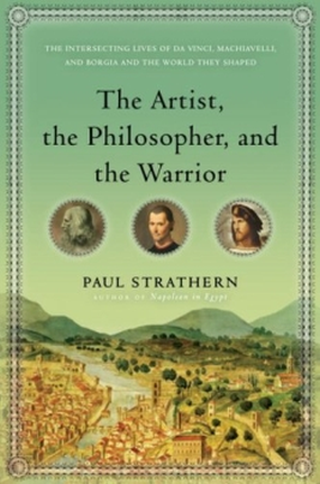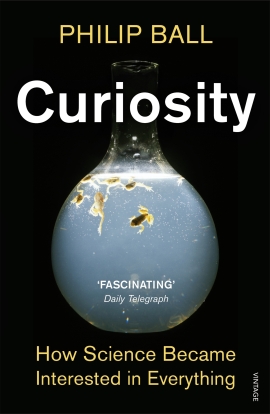11
Site Announcements / Playlist Update (April 6 - 12, 2024) Jose Carillo Forum's Facebook Gateway
« Last post by Joe Carillo on April 10, 2024, 01:14:35 PM »PLAYLIST UPDATE FOR APRIL 6 - 12, 2024 OF JOSE CARILLO ENGLISH FORUM’S FACEBOOK GATEWAY
Simply click the web links to the 16 featured English grammar refreshers and general interest stories this week along with selected postings published in the Forum in previous years:
1. Essay by Jose A. Carillo: “When immodest medical jargon is used as a slogan”

2. Getting to Know English Better: “Mastery of the connectives can make us write and speak much better”
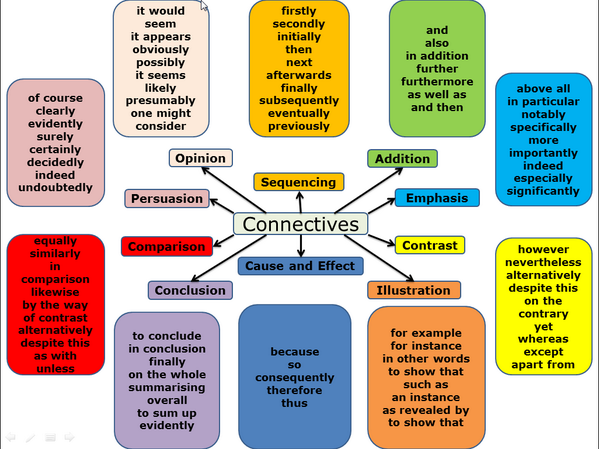
3. Use and Misuse: “Fused sentences are very serious, very annoying grammar violations”
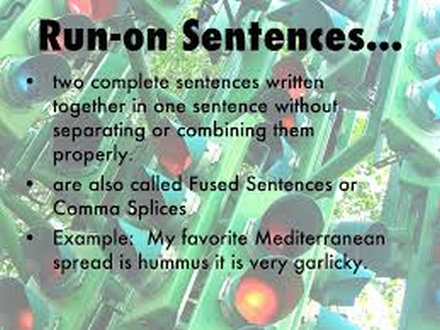

4. You Asked Me This Question: “Inverted sentences have a subject-verb agreement peculiarity”
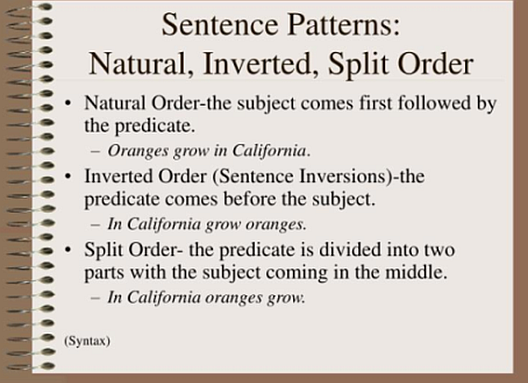
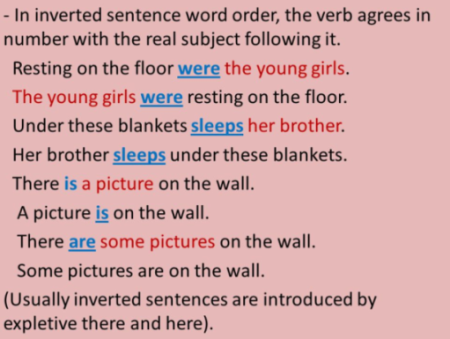
5. You Asked Me This Question: “A grammar conversation on parenthetical usage” with the late writer Ed Maranan, Palanca Awards Hall of Famer in Literature

6. My Media English Watch Retrospective: “Shock-and-awe English in Bohol earthquake reportage (2013)”

7. Getting To Know English Better: “Don’t get caught using wrong double negatives!”

8. Essays by Jose A.Carillo: “My hunch was right about the usage of 'between' and 'among'”
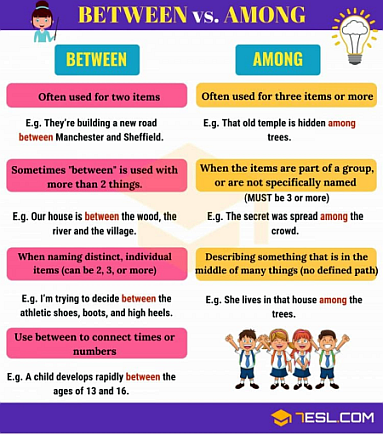
9. Language Humor At Its Finest: “Contributed jokes from all over to brighten up your day”

10. Your Thoughts Exactly: “Lockdown, Before and After,” a Retrospective by Tonybau, Forum Member and Contributor

11. Advice and Dissent: “As one goes way past the prime of one’s life,” a personal summing up by English professor and book writer Joseph Epstein
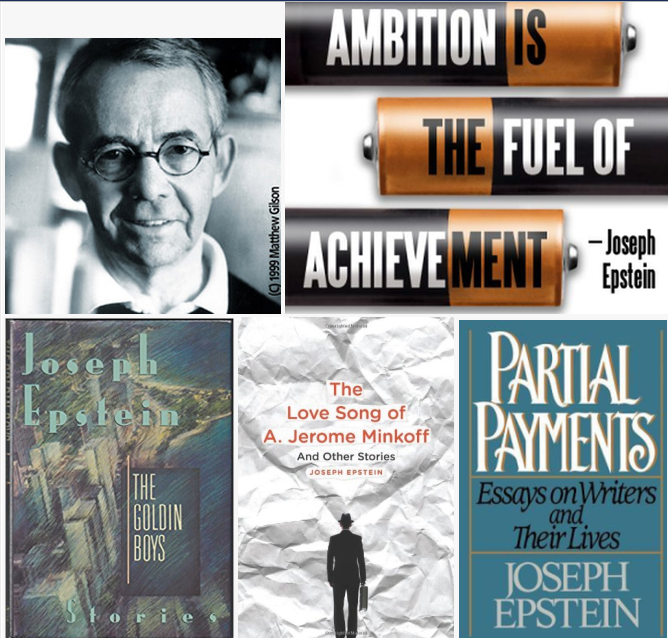
12. The Forum Lounge: “Young upcoming novelist on 'The Unbearable Costs of Becoming a Writer'”

13. Time Out From English Grammar: “Peeling off the multilayered legends from ancient Greece”
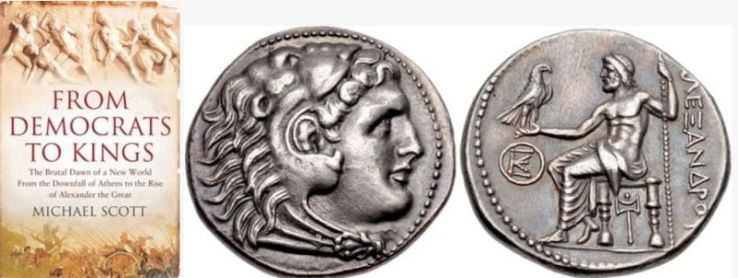
14. Time Out From English Grammar: “The thief who stole 106 priceless timepieces in audacious museum heist”

15. Readings in Language: “In self-defense, we must see through deliberately devious English jargon”
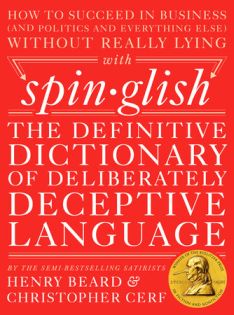

16. The Forum Lounge: “Book publishing's broken blurb system 'a plague on the industry'”

Simply click the web links to the 16 featured English grammar refreshers and general interest stories this week along with selected postings published in the Forum in previous years:
1. Essay by Jose A. Carillo: “When immodest medical jargon is used as a slogan”

2. Getting to Know English Better: “Mastery of the connectives can make us write and speak much better”

3. Use and Misuse: “Fused sentences are very serious, very annoying grammar violations”


4. You Asked Me This Question: “Inverted sentences have a subject-verb agreement peculiarity”


5. You Asked Me This Question: “A grammar conversation on parenthetical usage” with the late writer Ed Maranan, Palanca Awards Hall of Famer in Literature

6. My Media English Watch Retrospective: “Shock-and-awe English in Bohol earthquake reportage (2013)”

7. Getting To Know English Better: “Don’t get caught using wrong double negatives!”

8. Essays by Jose A.Carillo: “My hunch was right about the usage of 'between' and 'among'”

9. Language Humor At Its Finest: “Contributed jokes from all over to brighten up your day”

10. Your Thoughts Exactly: “Lockdown, Before and After,” a Retrospective by Tonybau, Forum Member and Contributor

11. Advice and Dissent: “As one goes way past the prime of one’s life,” a personal summing up by English professor and book writer Joseph Epstein

12. The Forum Lounge: “Young upcoming novelist on 'The Unbearable Costs of Becoming a Writer'”

13. Time Out From English Grammar: “Peeling off the multilayered legends from ancient Greece”

14. Time Out From English Grammar: “The thief who stole 106 priceless timepieces in audacious museum heist”

15. Readings in Language: “In self-defense, we must see through deliberately devious English jargon”


16. The Forum Lounge: “Book publishing's broken blurb system 'a plague on the industry'”



 Recent Posts
Recent Posts



